[Women's Institute Interviews]
1972 , Norwich (Norfolk)
Cat no. 482
No video
There’s no web video for this work.
Please do get in contact to discuss other ways you could view this work.
Interviews with members of the Women's Institute.
Three women talk about life in the early years of the twentieth century. The first two interviewees speak to camera. The third is filmed in locations around Norwich. The film is illustrated with stills and with some Archive film. The first woman is of the upper class. She recalls that, there was more time to do things in those days. This was because of the help around the house. In particular she recalls the cook, Ellen, who worked for the family for forty years. Ellen also made butter and bread. She tells of Ellen's early life. She was self-educated, having left school at eight to go out and scare crows. Ellen was a good needle woman and she has examples of her handiwork, particularly a golliwog she made for her. The second speaker was a domestic servant. She always knew she would do this, even though she didn't want to. She wanted to be a teacher, but her family couldn't afford the schooling. Her first job was as a between maid in a doctor's house. She hated parlour work, although she didn't mind kitchen and cleaning work. "I couldn't for the life of me understand why people wanted so much waiting on". She also recalls making porridge in a hay box. Her second post was as a scullery maid for Lady Glamis at East Runton Old Hall. Lady Glamis was the later Queen Mother's sister-in-law. There is a shot of the hall. She recalls the work at the Old Hall. She only saw the parlour twice. Once to apologise to Lord Glamis for scorching his golfing cap. She recalls visits to the beach and explains the principles of bathing huts. This section is illustrated with stills of Great Yarmouth. These show the beach, with fishing boats and bathing huts, Marine Parade and the Wellington Pier, the winter gardens and the Britannia Pier. The third interviewee speaks from Elm Hill about cobbled streets, water carts and lamp lighters. She recalls the horse buses. Standing at the bottom of Guildhall Hill she recalls how there would be another horse on hand to pull the buses up the hill. Later these gave way to the electric trams. This section is illustrated with sections of an Archive film shot in the streets of Norwich from a moving tram. The film shows Dereham Road (although the commentary mentions Newmarket Road). The tram moves to Castle Meadow, seemingly almost hitting the Agricultural Hall. The Post Office can be seen next door. Back at Charing Cross, the Free Library is in view. The lady recalls her house on Castle Meadow, opposite the Royal Hotel. It was pulled down to build Barclays Bank. Over stills of the cattle market, she recalls that the market was like and then reminisces about shopping. Standing outside the Guildhall, opposite Tesco's Supermarket, she recalls the store being Chamberlains, the most superior store in town. She did most of her shopping at Bonds. She remembers the money being transported along overhead wires. There is a contemporary demonstration of this. She recalls some of the characters around Norwich. A woman who appeared on the streets with her dog singing Count Your Blessings. Billy Blue Light, a champion speed walker, who sold heather. Finally she remembers the hardships of living in the early years of the twentieth-century. Low wages and long hours. She remembers the fear of sickness and unemployment and the greater fear that this would lead to the workhouse. She remembers ragged children and destitute old people. The Courts and yards of the time had picturesque names, Paradise Court, Rising Sun Yard, but the poverty contained within was extreme.
Featured Buildings
East Runton Old Hall; The Agricultural Hall; The Post Office; The Guildhall; Norwich; Bonds; The Free Library; The Royal Hotel; Tesco's Supermarket (formerly Chamberlains); Wellington Pier; The Winter Gardens; The Britannia Pier
Keywords
Education; Women's rights
Other Places
East Runton; Norwich; Yarmouth
Background Information
Billy Bluelight was the pseudonym of William Cullum. (Born 1859/1863? Norwich - died 1949 Shipmeadow, Suffolk). A legendary figure in Norwich and well known for his races against steam pleasure boats in the 1920/30s along the River Wensum and River Yare.
-
Production company : BBC East
-
Producer : Douglas Salmon
Manifestations
[Women's Institute Interviews]
-
Genre: Documentary / History / Production Footage
-
Locations: Norwich (Norfolk)
-
Description Type: monographic
-
Subject: Women's Institutes / women / servants / beach huts / Great Yarmouth / Elm Hill, Norwich / street scenes / shopping / employment / poverty / Chamberlin's department store, Norwich / Mrs Goulty / Billy Bluelight / Old Hall, Runton
Copyright restrictions apply.
Please see our terms of use. Films on this website are provided for personal viewing. Should you wish to use the films in any other way please contact eafa@uea.ac.uk
terms of useThe data for this page was generated on 21/08/2025 02:53:08+00:00. Click to regenerate this page .



